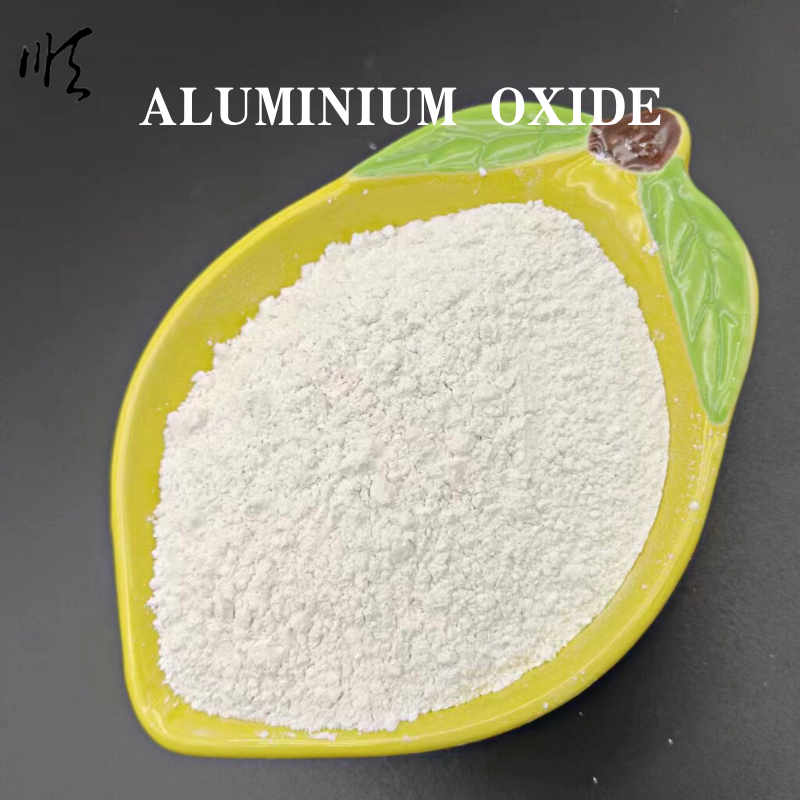
Minerals and Their Applications in Industry and Everyday Life
Minerals and Their Uses
Minerals are naturally occurring, inorganic substances with a definite chemical composition and physical properties. They play a crucial role in our daily lives, serving as the foundational building blocks for a variety of materials and products essential for human development and technological advancement. This article will explore the significance of some key minerals and their diverse applications.
One of the most commonly known minerals is quartz (SiO2), which is primarily composed of silicon and oxygen. Quartz is renowned for its hardness and resistance to weathering, making it valuable in the production of glass, ceramics, and as a component in electronic devices. In the technology sector, quartz crystals are used in oscillators and frequency-control devices, enabling precise timing for watches and smartphones.
Minerals and Their Uses
Mica, known for its layered structure, is another mineral with significant uses. It is primarily used in the cosmetics industry due to its shimmering properties, often found in products like eyeshadow and foundation. Mica also has applications in the electrical industry, where it serves as an insulator in capacitors and transformers because of its excellent dielectric properties. Furthermore, mica is utilized in construction materials and paints to improve their durability and appearance.
mineral and their uses

Moreover, calcite, a carbonate mineral, is essential in the production of cement and lime, which are vital for construction. When heated, calcite decomposes into lime and carbon dioxide, the latter being released into the atmosphere. Lime, in turn, is used to stabilize soil, purify water, and manufacture glass, showcasing calcite's extensive utility. Additionally, calcite is used in the production of chalk and as a dietary supplement for livestock, providing them with essential minerals.
Gypsum is another mineral that deserves mention for its diverse applications. It is primarily used in the production of drywall, an essential material in modern construction. Gypsum's unique properties allow it to be fire-resistant, making it a preferred choice for safe building materials. Additionally, gypsum is used in agriculture as a soil amendment, improving soil structure and health, which in turn enhances crop yields.
Copper is a metallic mineral that is indispensable for electrical wiring due to its excellent conductivity. In addition to its electrical applications, copper is also used in plumbing, roofing, and various alloys. The metal’s antimicrobial properties make it suitable for applications in healthcare settings, from hospital surfaces to medical devices.
In summary, minerals are integral to many industries and aspects of everyday life. From the construction sector to technology, cosmetics, and agriculture, the diverse applications of minerals underscore their importance. As society continues to advance, the demand for various minerals will only increase, highlighting the need for sustainable extraction and efficient use of these natural resources. Understanding the utility and significance of minerals not only emphasizes their value but also fosters a greater appreciation for the Earth’s rich geological resources.
Share
-
Vermiculite Wholesale – Premium Quality, Bulk Supply & Competitive PricingNewsJun.10,2025
-
Premium Glass Pebbles Custom Glass Pebbles Factory & OEM Manufacturer Reliable Custom Glass Pebbles FactoriesNewsJun.10,2025
-
Expert Custom Zeolite Producers Manufacturers & FactoriesNewsJun.10,2025
-
Custom Glow in the Dark Beads High-Quality Custom ManufacturersNewsJun.10,2025
-
China Ceramsite Balls Factory - Lightweight & Durable Media Solutions ManufacturerNewsJun.09,2025
-
Custom Matte Mica Powder Manufacturers High Quality & AffordableNewsJun.09,2025






